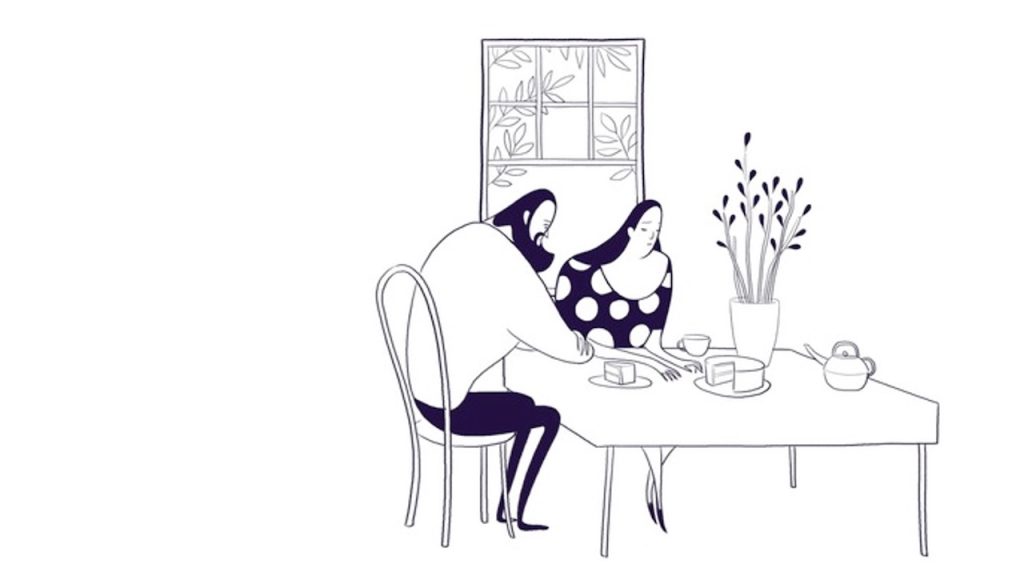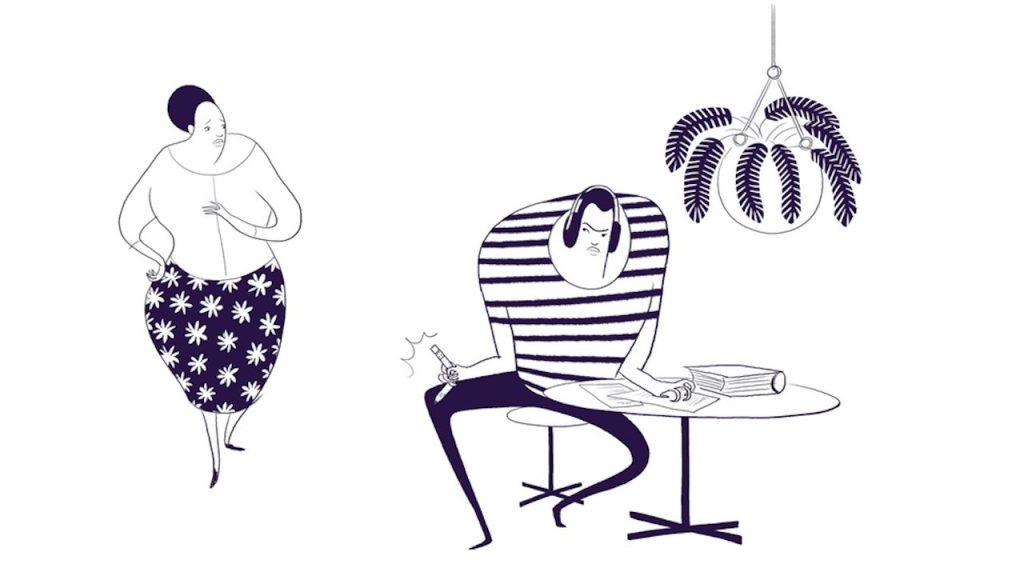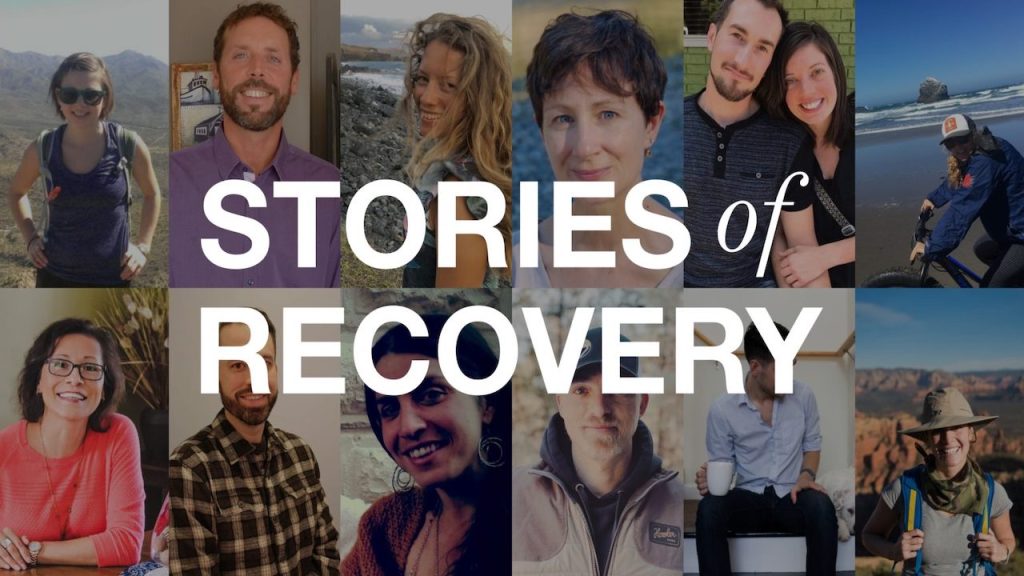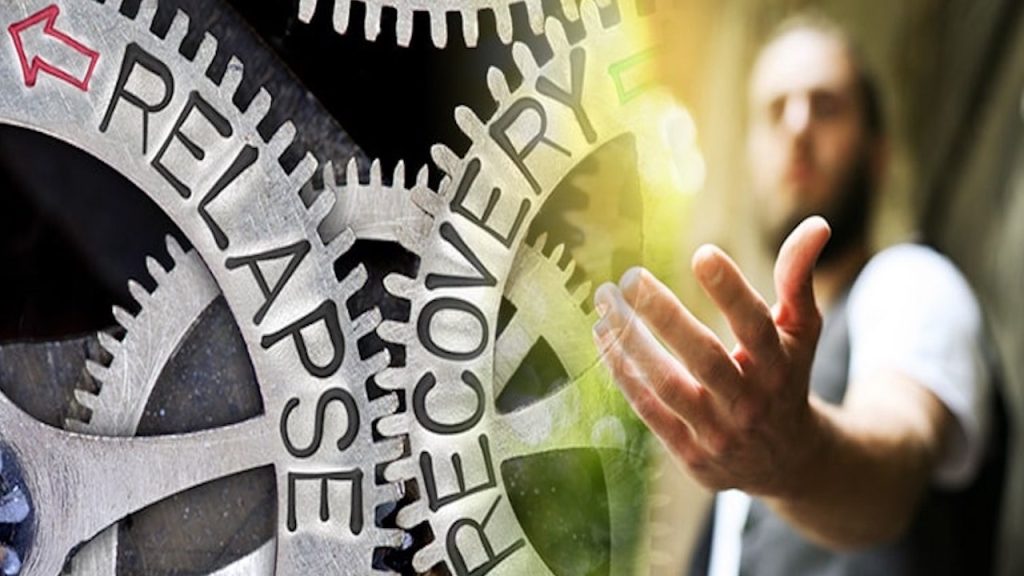A Family’s Long and Difficult Battle for Sobriety

An Allies in Recovery member wants to use the CRAFT methodology with her twin sisters, both alcoholics, but is running into roadblocks. Both sisters are struggling with end stage alcoholism and their husbands refuse to do what is in their best interest. She took one sister to detox on Christmas eve only to watch her being taken home by her husband the next day. Then on Christmas day, she found 18 bottles of alcohol in her other sister’s dresser.
She wonders whether the longer one is active in the disease, the harder it is to implement CRAFT. The rest of her family supports her efforts but the battle seems too great without the support of her sisters’ husbands. Furthermore, she does not have the legal power to Section. Right now, her goal is for her sisters to live long enough to have a shot at sobriety. But the brothers-in-law won’t even return her calls.
This post originally appeared on our Member Site blog, where experts respond to members’ questions and concerns. To learn more about membership, see our Membership Benefits page.
Dominique Simon Levine responds to this difficult and trying family situation:
There are definite limits to what a family can do. What a difficult and complicated situation your family is in. To watch two sisters fight and resist critical help when they are obviously in much difficulty has got to be gut wrenching. It is simply crushing that their husbands have reversed actions that could have helped when you engaged them into treatment.
I agree with you that every detox admission is an opportunity. Multiple treatment episodes are the norm, yet they can add up quickly and be disappointing. One admission could also be the moment your sister decides she is completely fed up and becomes more willing to continue treatment after detox, perhaps a few days without drinking, maybe a month, maybe more. Maybe both sisters will come to this decision.
You just don’t know. What you can do is what you have been doing.
Learning CRAFT and practicing it in your relationship helps both you and your loved one
CRAFT helps you communicate in a way that quiets anger and resistance. It helps the family see where they may still be inadvertently supporting the use and how to pay attention to moments when your sisters are trying not to drink, even if it’s just for the day. It teaches families how to intervene and get the loved one into treatment.
The eLearning modules on the member site (see what’s available to our members) can be viewed by the whole family. In fact, it is extremely helpful if everyone can get on board. It doesn’t sound like this is happening with your sisters’ husbands. They are the ones with the most access and the most potential influence. Provide them with a membership for this site. Suggest they watch the introductory video to start. Use the site’s suggestions on how to engage into treatment when trying to engage them to learn CRAFT.
You wrote the following phrase: “….our goal is for them to live long enough to have a shot at sobriety.”
This point is the essential rub for the majority of us, isn’t it? The longer someone is active with alcohol, the further the disease progresses. There are other family members on this site who also see every moment of use as potentially deadly, like with an opioid, even when the addiction hasn’t necessarily progressed over a long period of time. There are several factors at work that make it extremely hard to navigate the principles laid out in CRAFT.
The question, then, is how to walk the line between protecting them from potential danger while allowing the natural consequences (available to members) that can lead someone to want to make a change. How do you protect without inadvertently reinforcing the use?
Here is what you CAN do
This is the conversation to have with your siblings and your niece. If the circumstance is in anyway in your control, when is it safe to let things happen and not step in? When do you step in? The goal is clear: keep facilitating treatment. Advanced alcoholics cannot stop on their own. It’s medically dangerous.
As you have done, everyone should be using the first response system: the emergency rooms, ambulances, police, and transporting to detox when they pass out. The husbands need the forms filled out and the details of a civil commitment. They, too, must have their moments when they are scared and want change. If they won’t talk to you, send them the information. The explanation of the cognitive test (MoCA) that your one sister cannot pass. Keep giving them detailed information about the treatments available.
This post is in itself a first response. There is more to say about the help your whole family may need to break through this impasse and the deeper ones that lie below it.
For now, it’s about treatment. Whatever else is going on, put it down and keep your focus on treatment.
Thank you for writing in. Our thoughts are with you.
Since 2003, Allies in Recovery has addressed substance abuse in families by providing a method for the family to change the conversation about addiction. We use Community Reinforcement & Family Training (CRAFT), a proven approach that helps the family unblock and advance the relationship towards sobriety and recovery and to engage a loved one into treatment. Learn about member benefits by following this link.











